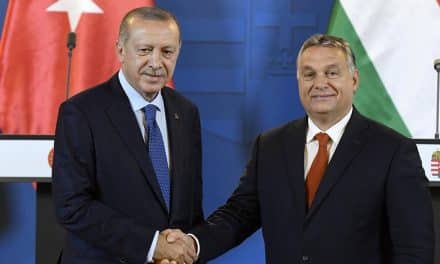In response to widespread protests and a nationwide strike, Israeli Prime Minister Benjamin Netanyahu announced on Monday that he would delay his contentious judicial overhaul plan. This decision aims to create time to seek a compromise with political opponents and “avoid civil war.” Although the announcement seems to have alleviated some tensions, it does not address the underlying issues dividing the nation, and the anti-government protest movement has pledged to intensify its efforts.
During his prime-time address, Netanyahu adopted a more conciliatory tone than in recent speeches, acknowledging the deep divisions within the country and stating that he was hitting the pause button “to prevent a rift in the nation.” He promised to work towards a “broad consensus” during the summer parliamentary session starting April 30.
Tens of thousands of Israelis demonstrated outside parliament, and the country’s largest labor union launched a nationwide strike in protest of Netanyahu’s plan. The proposed overhaul has caused Israel’s worst domestic crisis in decades, with business leaders, top economists, and former security chiefs all opposing the plan, arguing that it is pushing the country towards autocracy.
The plan would give Netanyahu and his allies the final say in appointing the nation’s judges and grant parliament the authority to overturn Supreme Court decisions and limit the court’s ability to review laws. Netanyahu contends that the overhaul is necessary to curb a liberal and overly interventionist court of unelected judges. However, opponents argue that the package would damage the country’s system of checks and balances by concentrating power in the hands of Netanyahu’s allies.
Source: sentinelandenterprise.com





